Description
Are Multivitamin Tablets Worth the Hype? Separating Fact from Fiction
In today’s fast-paced world, it’s easy to fall short on recommended daily intakes of essential vitamins and minerals. Enter multivitamin tablets, often marketed as a convenient and cost-effective way to bridge nutritional gaps and boost overall health. But are these supplements truly the panacea they’re often portrayed to be, or are they just expensive placebos? Let’s delve into the world of multivitamins and separate fact from fiction.
What are Multivitamin Tablets?
Simply put, multivitamins are dietary supplements containing a combination of vitamins and minerals, often designed to mimic the nutrients found in a balanced diet. They come in various forms, including tablets, capsules, gummies, and powders. The specific ingredients and dosages can vary significantly between brands and formulas, often targeting specific demographics like men, women, seniors, or pregnant women.
The Potential Benefits:
For some individuals, multivitamins can offer genuine benefits. They can be particularly helpful in the following situations:
- Addressing Nutritional Deficiencies: Individuals with specific dietary restrictions (e.g., vegans), malabsorption issues (e.g., Crohn’s disease), or other conditions that hinder nutrient absorption can benefit from targeted supplementation.
- Pregnancy and Breastfeeding: Pregnancy increases the demand for certain nutrients like folate and iron. Multivitamins specifically designed for pregnant women can help ensure adequate intake.
- Age-Related Concerns: As we age, our bodies may become less efficient at absorbing certain nutrients, such as vitamin B12. Multivitamins can help address these age-related deficiencies.
- Limited Food Access or Inconsistent Diets: People with limited access to healthy foods or those who struggle to maintain a consistently balanced diet may find multivitamins helpful in filling nutritional gaps.
The Reality Check:
Despite the potential benefits, it’s crucial to understand that multivitamins are not a substitute for a healthy diet. They shouldn’t be seen as a quick fix to compensate for poor eating habits. Here’s why:
- Over-Supplementation Risks: Taking too much of certain vitamins and minerals can be harmful. For instance, excessive vitamin A can lead to liver damage, while too much iron can cause constipation and nausea.
- Poor Absorption: The body may not absorb all the nutrients in a multivitamin effectively. The form of the nutrient and the presence of other substances can affect absorption rates.
- Lack of Regulation: The supplement industry is less strictly regulated than the pharmaceutical industry. This means the quality and accuracy of ingredient labels can vary significantly.
- Limited Evidence for Widespread Benefits: Numerous studies have investigated the effects of multivitamins on chronic diseases like heart disease and cancer. The evidence is often inconsistent and doesn’t support the claim that multivitamins universally prevent these conditions.
- “Healthy User Bias”: People who take multivitamins often lead healthier lifestyles overall. This makes it difficult to isolate the effects of the multivitamin itself.
Making an Informed Decision:
Before reaching for a multivitamin, consider these factors:
- Evaluate Your Diet: Honestly assess your eating habits. Are you consuming a variety of fruits, vegetables, whole grains, and lean protein?
- Consult Your Doctor: Talk to your physician or a registered dietitian. They can assess your individual needs and recommend a personalized supplementation plan.
- Read Labels Carefully: Examine the ingredient list and dosages. Choose a multivitamin that aligns with your specific needs and avoids excessive amounts of any particular nutrient.
- Choose Reputable Brands: Opt for brands that have been independently tested and certified for quality and purity by organizations like USP or NSF International.
The Bottom Line:
Multivitamin tablets can be a useful tool for addressing specific nutritional deficiencies, particularly in certain populations. However, they are not a magic bullet for optimal health. A balanced diet rich in whole, unprocessed foods remains the cornerstone of good nutrition. Before incorporating a multivitamin into your routine, consult with a healthcare professional to determine if it’s the right choice for you and to ensure you’re not over-supplementing. Remember, a personalized approach to nutrition is always the most effective.

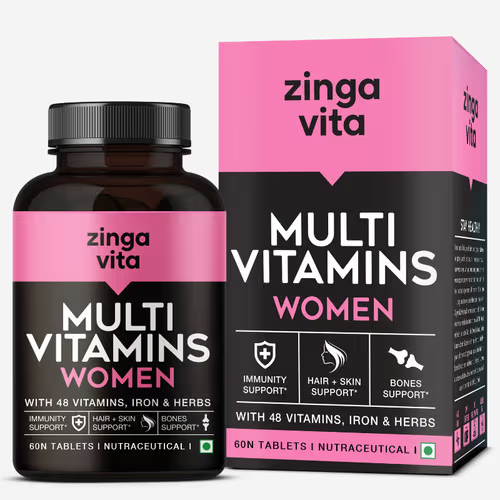
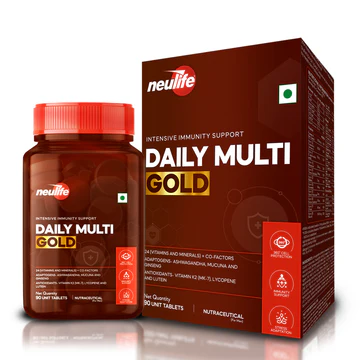
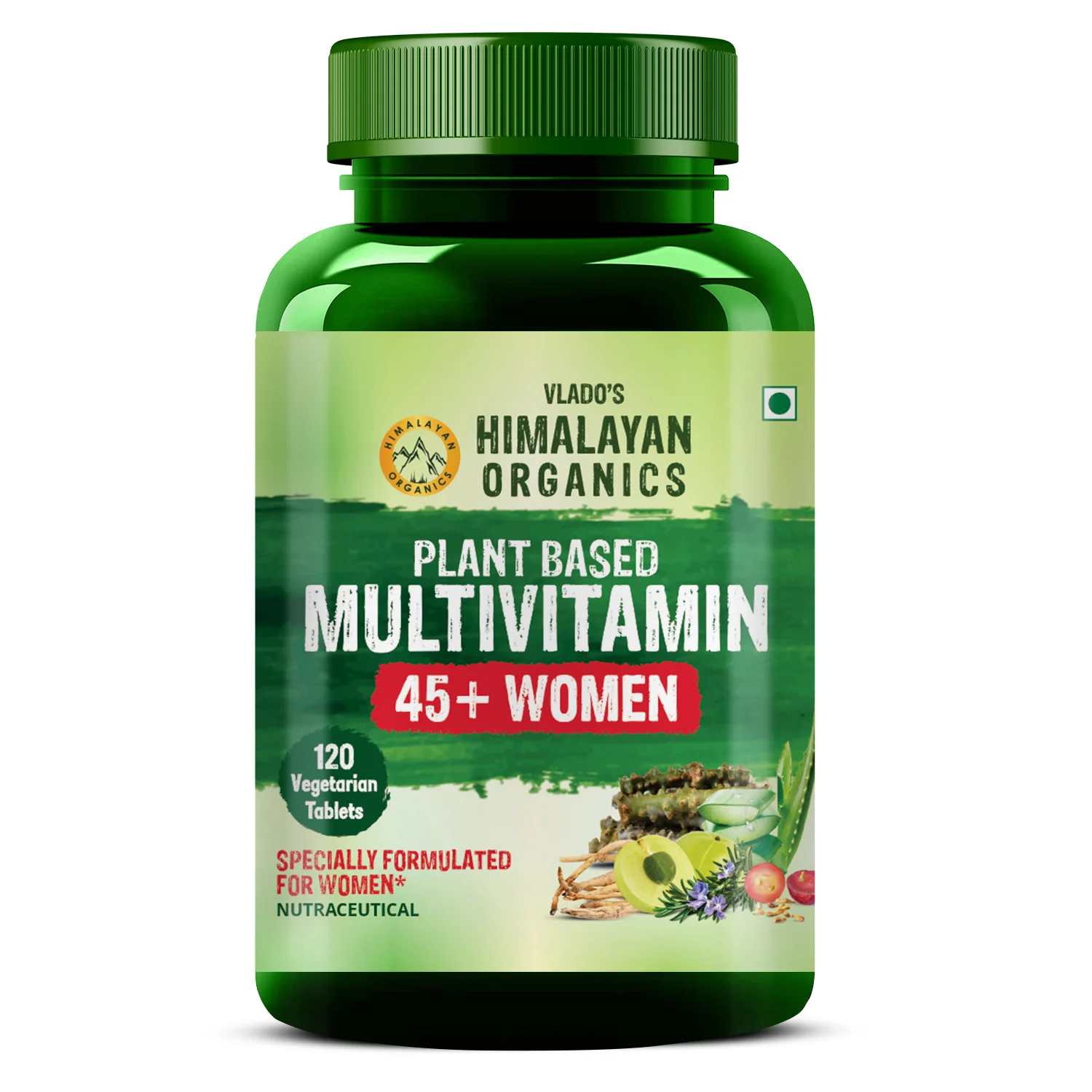
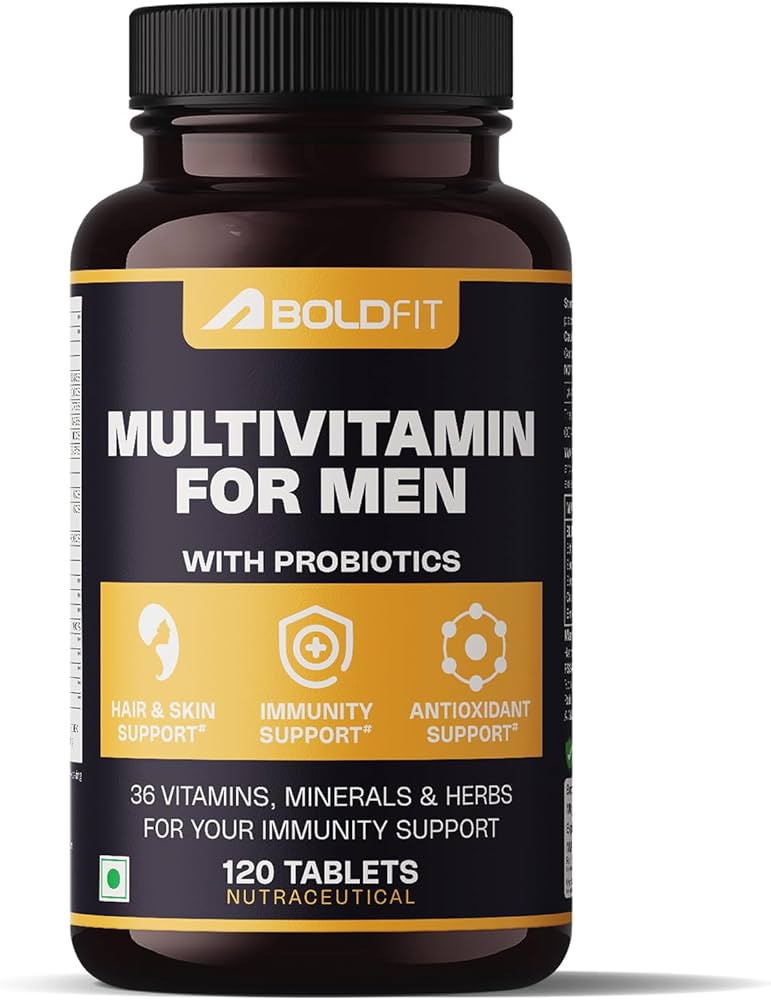
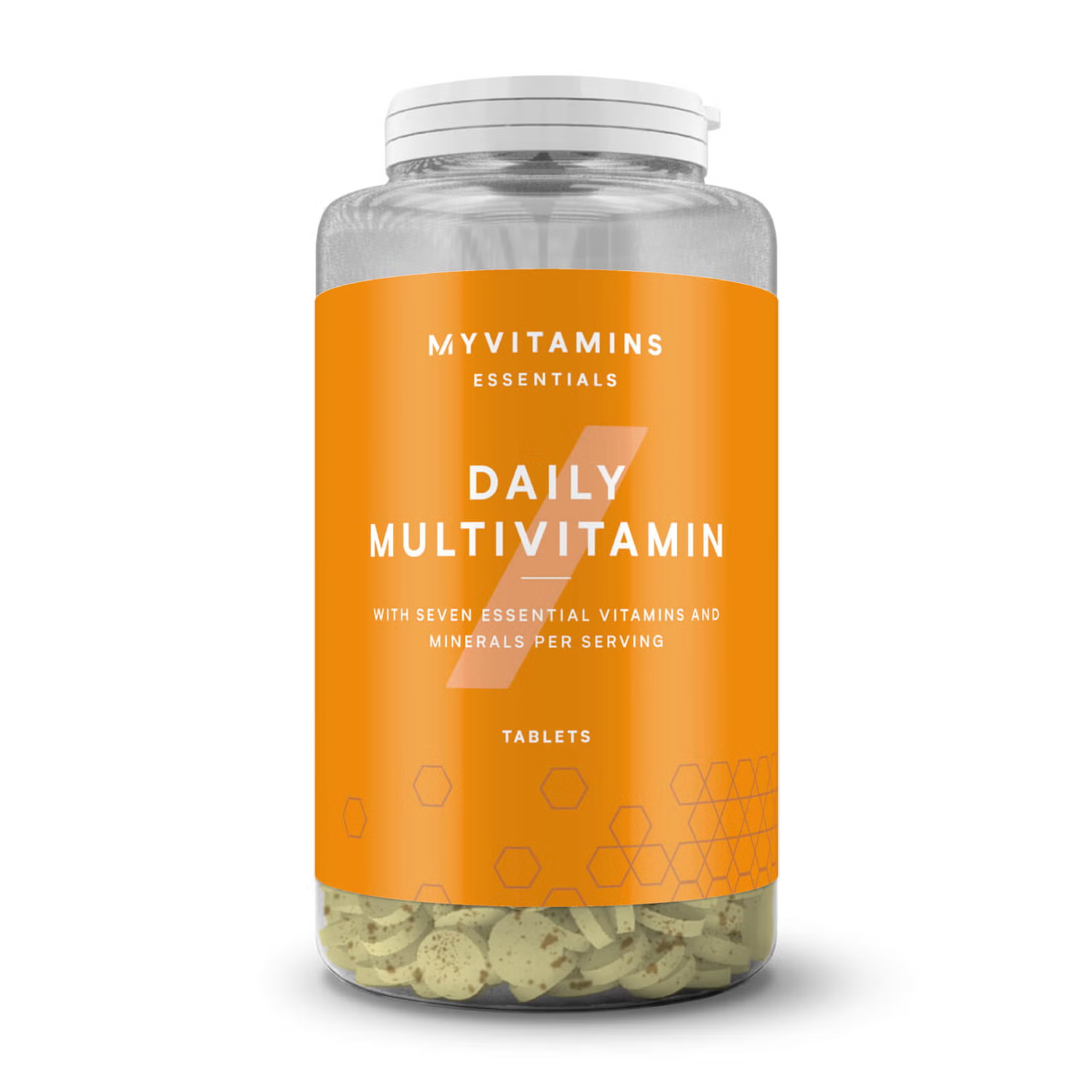

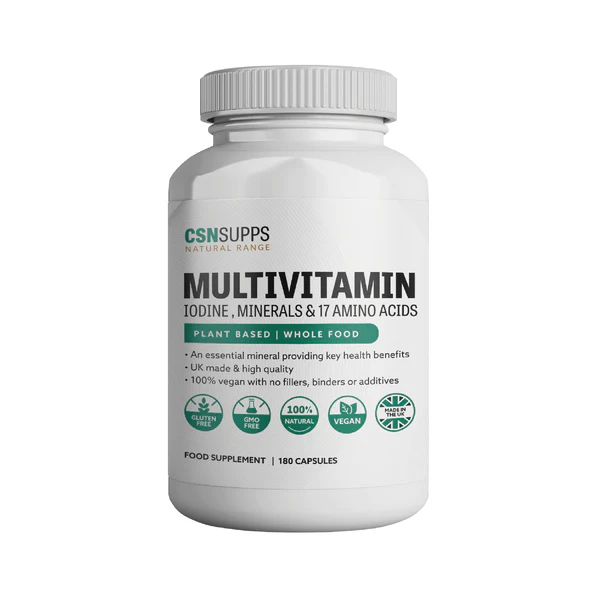
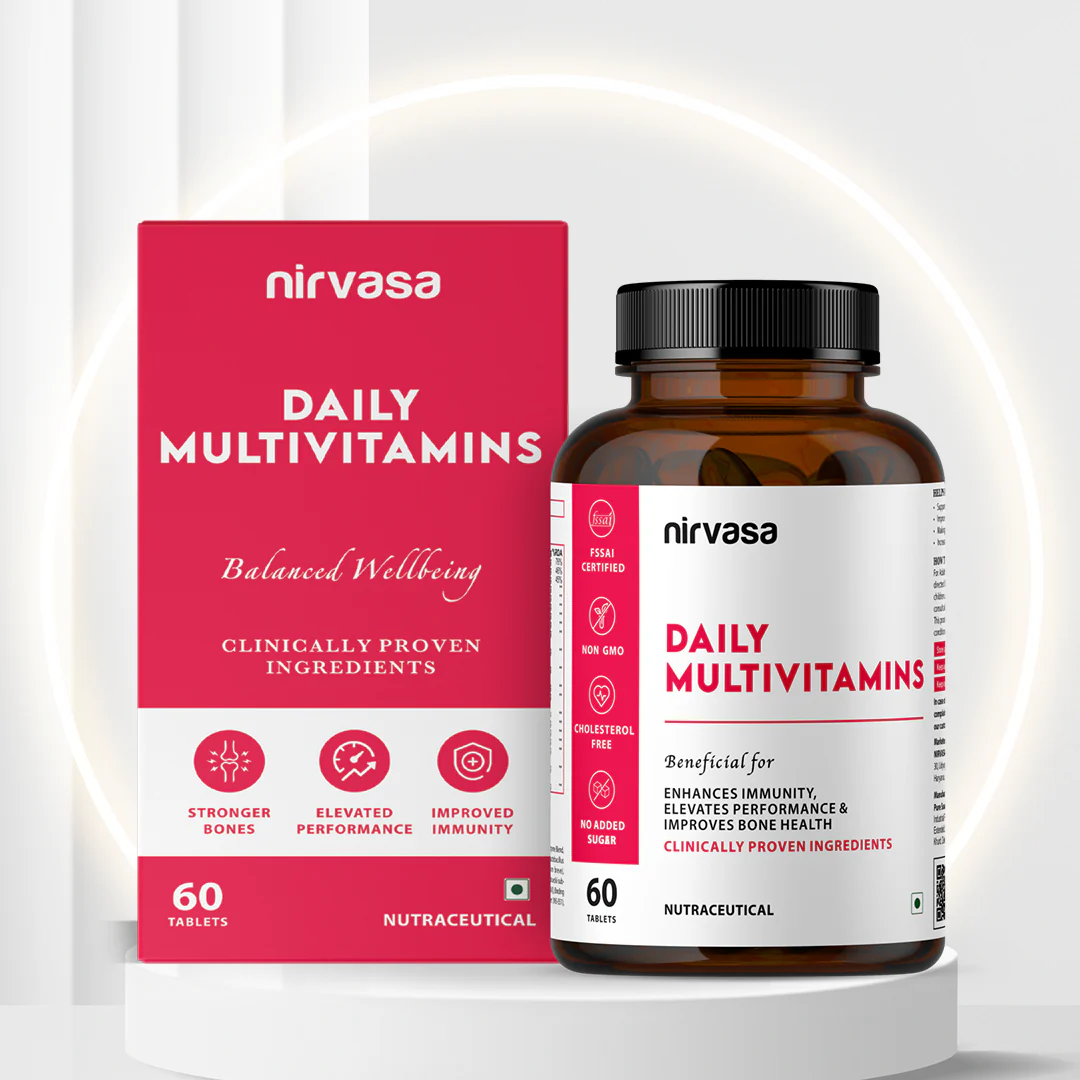
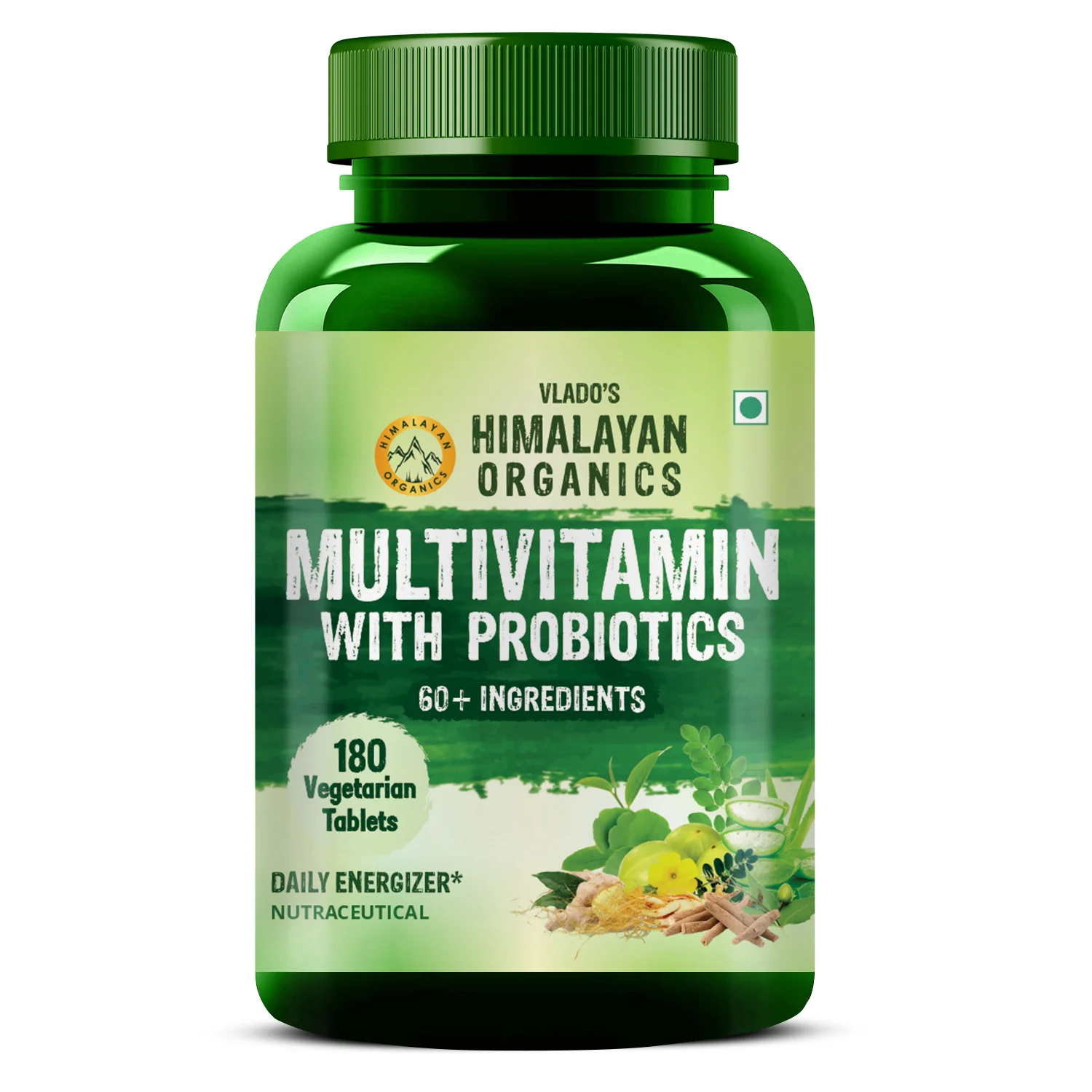
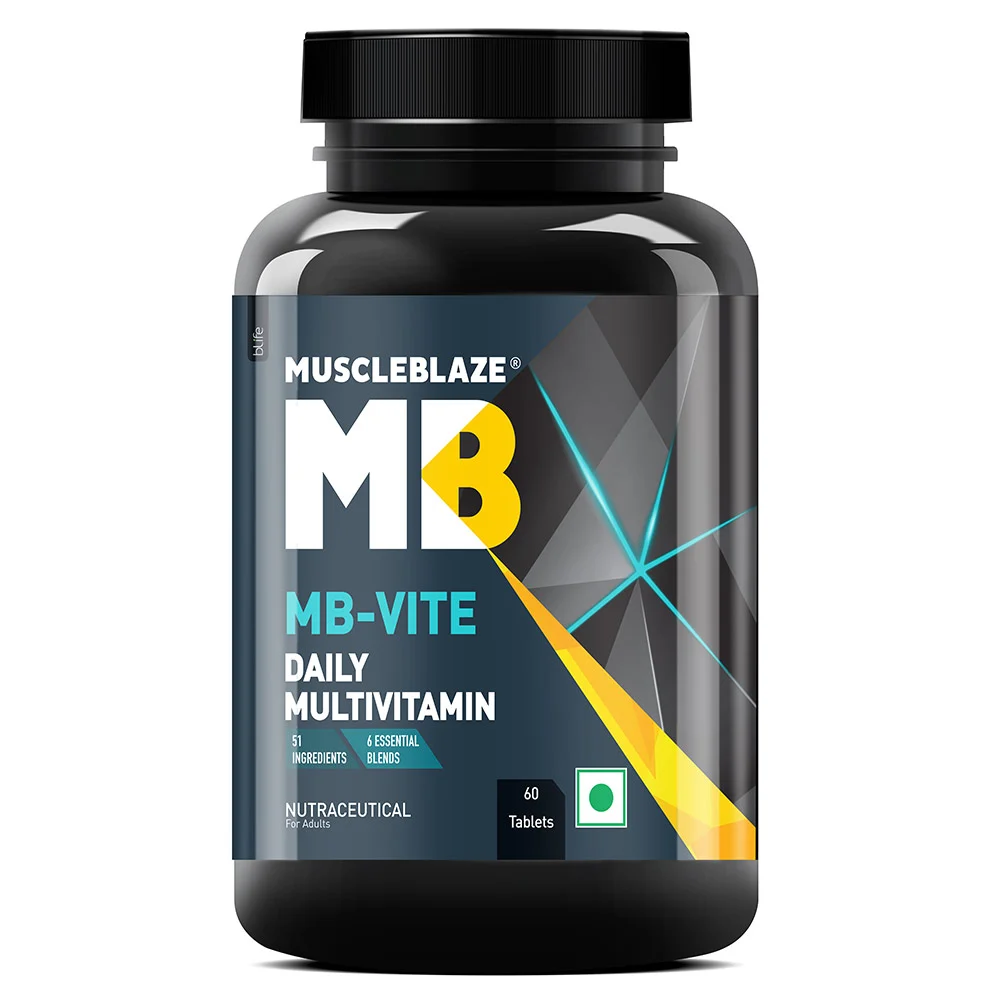

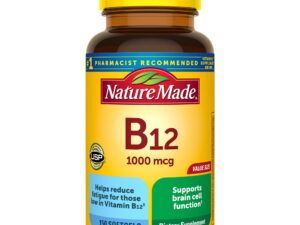
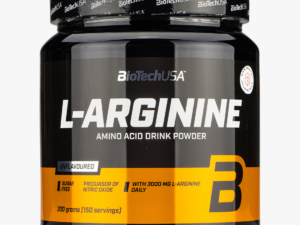

Reviews
There are no reviews yet.